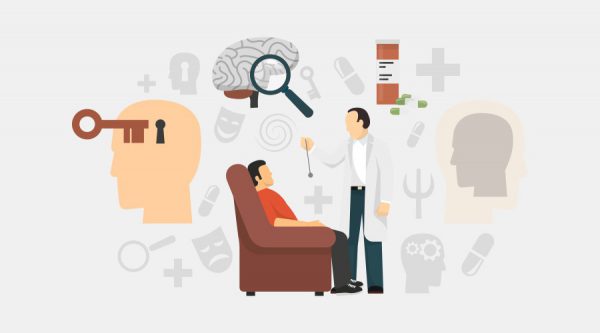

Human beings are social animals and they have the innate need to communicate and socialise with others. They may feel miserable at other times. With this set of polarised emotions they carry their beliefs and myths. Myths are interwoven in our thinking, emotions and behaviour. So, here are a few myths about counselling confronted with accurate facts.
Counselling is for people who have psychological problems
Absolutely false! Although counselling is a must for people who have psychological problems, it doesn’t mean that normal people do not need it. Counselilng can be altered. Awareness about our emotions and accepting ourself becomes a key for happiness and success in our life. Mere power may lead to emotional exhaustion and leads to psychosomatic problems.
Seeking and seeing counselor is a sign of weakness
False! Just like, visiting a doctor during a fever, it is highly appreciated when students come on their own for counselling. It requires a high level of self awareness and courage to seek help. Not seeking help when there is a necessity, sometimes requires long term counselling and or psychotherapy.
If I have will power, I can succeed. Couseling is not necessary.
False! Mere desire and determination to achieve success may not be helpful sometimes. On the contrary, it may lead to frustration and anger. Awareness about our emotions become a key for happiness and success in our life. Mere will power may lead to emotional exhaustion and psychosomatic problems.
Counselor discusses my affairs with my teachers and friends.
False! Counselors are professionals and are ethically bound to maintain the student’s confidentiality and privacy. Nobody including the teachers can access information about the student from counselors. Counselors give their reports but not the case summary or the process of counselling.
My friend can counsel me because he knows me well.
False! Knowing one’s background doesn’t helping in solving one’s problems. Problem solving related to emotions and interpersonal issues requires a lot of in-depth knowledge in human behavior and personality traits as well as specific counselling skills like empathy and non-judgmental attitude. A friend can however be a great support and resource for solving a problem.
Academically poor students require counselling. Brilliant students can manage.
False! Sometimes it is the reverse. Brilliant students may require more counselling support as they are sometimes weak in their emotional development in consonance with their physical and mental age, and get into problems. In social and corporate world, our emotional and social intelligence matters more than intellectual intelligence. Counselling is for the holistic development of personality, which includes increasing academic achievements rather than mere scholastic performance.